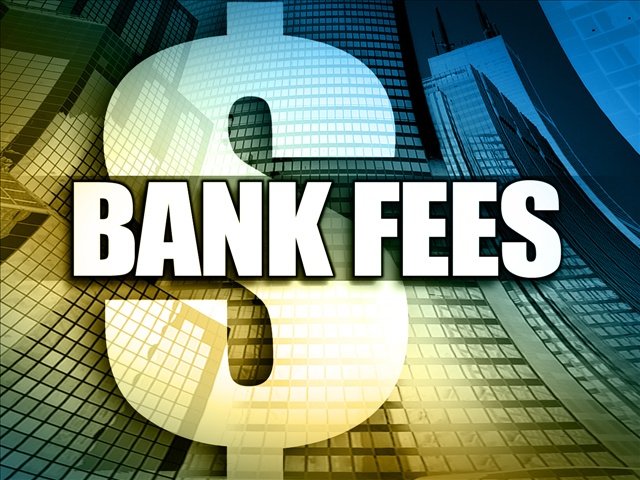With the high rate of cybercrime in the country, people need to watch their bank accounts closely. Even a handful of bank charges can push a person into debt.
Following these tips from Lifehack, they will help you avoid extra charges and keep the money that belongs to you.
Know What You Bank Is Allowed To Charge
The government sets regulations that prevent banks from charging outlandish fees. Despite this, some banks still get to charge relatively high fees for simple mistakes and services.
Always read the fine print before opening an account. If your bank updates its policies, read the new fee structures so you understand exactly what your bank can charge.
Open With The Right Bank
I won’t be suggesting any bank in particular, however, when opening an account find the right bank. Not all banks try to make money from every sing transaction.
If you are tired of ATM withdrawal fees or talking to a teller, search for a bank that doesn’t charge for things like that.
Choose An Account With Fewer Charges
Even though two people may use the same bank, they may both pay different amounts for similar services. You can save money by choosing an option that matches the way you prefer to use your account.
For instance, if you prefer going inside the bank to talk to a teller, you may have to pay a fee unless your account covers the service. Other accounts may charge for using ATMs.
Find an account that will charge you less for the services you plan to use.
Use online banking to avoid paper statement fees
Now that most banks offer online services, members may have to pay extra for paper statements. As long as you have a computer and Internet connection, you can avoid those paper statement fees.
Most banks will let you choose whether you want paper or electronic statements. Ask if you have to pay for paper statements. If you do, consider opting out of that service. You would spend less money printing your online statements than having the bank send you paper versions in the mail.

